Turbocharging irrigation water savings
10 April 2025
Some of the largest irrigation companies in Southern NSW are gearing up for the future, with nearly $10 million locked in to investigate levelling up their water networks to make every drop count and support a healthier Murray−Darling Basin.
New feasibility studies funded under the Australian Government’s $494 million Resilient Rivers Water Infrastructure Program are being delivered in partnership with the NSW Government, exploring ways to boost efficiency across these vast systems.
The new funding includes:
- $3.8 million towards a comprehensive assessment of Murrumbidgee Irrigation’s network to understand where water is being lost and identify an effective mitigation approach such as new channel piping, lining and/or covering to reduce evaporation and leaks. It will also explore alternate and more efficient ways to supply water to the Barren Box storage facility, with these works potentially saving up to 10 GL.
- $6 million to investigate water saving opportunities at Murrumbidgee Irrigation, Murray Irrigation and Coleambally Irrigation by better understanding different water needs in the future, assessing new technology and engineering solutions and how these could be incorporated into existing operations, potentially saving between 50 GL-100 GL of water.
These projects aim to help NSW meet its Basin Plan commitments by contributing towards the Commonwealth’s 450 GL of additional environmental water recovery target and reduce the need for voluntary water purchase.
The feasibility studies are expected to be completed by June this year, informing the next steps for possible further infrastructure upgrades.
To find out more, please visit: Resilient Rivers
Lisa Hingerty DCCEEW Executive Director of Infrastructure Development said:
“We’ve already been working closely with Murrumbidgee Irrigation on a number of innovative infrastructure projects but we’re kicking things up a gear with this next package of works exploring covering and lining their channels to prevent leakage and evaporation which will help save even more water.
“Now we’re bringing two more irrigation companies onboard and seeing what upgrades we can make to their systems over the long run to prepare for a future with less reliable water.
“Tangible projects like these are helping NSW reduce the need for voluntary water purchases.
“Investing in new water saving infrastructure is the best way to maximise water for the environment and improve the health of the Basin.”
Brett Jones CEO Murrumbidgee Irrigation (MI) said:
“Our goal has always been to complete as many infrastructure projects as possible to support our irrigators, industry, and communities.
“Under the Resilient Rivers Water Infrastructure Program, MI has already been successfully allocated $62.2 million for the Urban Channel Pipeline Project to replace inefficient aging channels around Griffith and Leeton with 47.5 kilometres of new pipeline and we have also just completed our decade-long automation program.
“These feasibility projects are the next step in making sure that our area can make the most out of the available water and secure the future of this region for many decades to come.
“If the projects are successful, it will be a win for everyone, with flow on economic benefits throughout the community, while also delivering water savings for the environment.
“We need to be ready to support our irrigators though seasons of vastly changing water availability, and these projects will help to keep our region viable for the future.”
Ron McCalman CEO Murray Irrigation Limited said:
“Murray Irrigation acknowledges the support of the Commonwealth and NSW government in supporting these feasibility studies.
“We’re looking forward to working with NSW DCCEEW, Murrumbidgee Irrigation and Coleambally Irrigation to investigate potential opportunities for water savings, and financial and operational improvements across each of our irrigation districts.
“This collaboration and access to funding is a positive step to ensure Murray Irrigation has explored and analysed potential solutions to provide shareholders and the community with long-term resilience and business viability in an environment of water recovery.”
Julian Speed CEO Coleambally Irrigation said:
“It’s important that Coleambally Irrigation, on behalf of our members and customers, is afforded every opportunity to explore ways to improve our business resilience and delivery efficiency.”
Other news
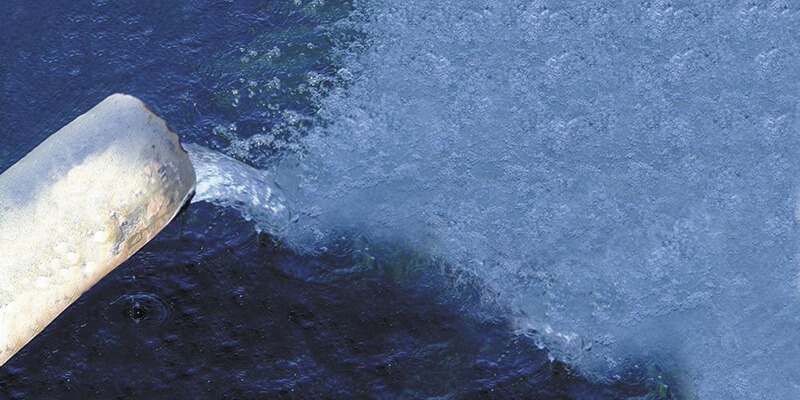
The NSW Government has taken decisive action to shore up water supply in Narrabri, committing an additional $4 million in funding to deliver critical new infrastructure for drinking water
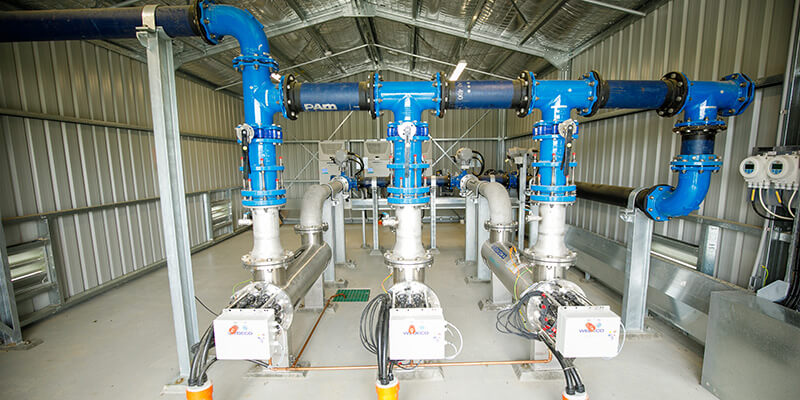
The NSW Government has invested $17.8 million in a new sewage treatment plant for Gilgandra that will future-proof wastewater services for the town.

The rollout of free state-of-the-art water monitoring devices for up to 2,500 water users has kicked into high gear after the NSW Government awarded businesses Goanna Ag and Kallipr the tender to supply and install the equipment across inland regions of the state.
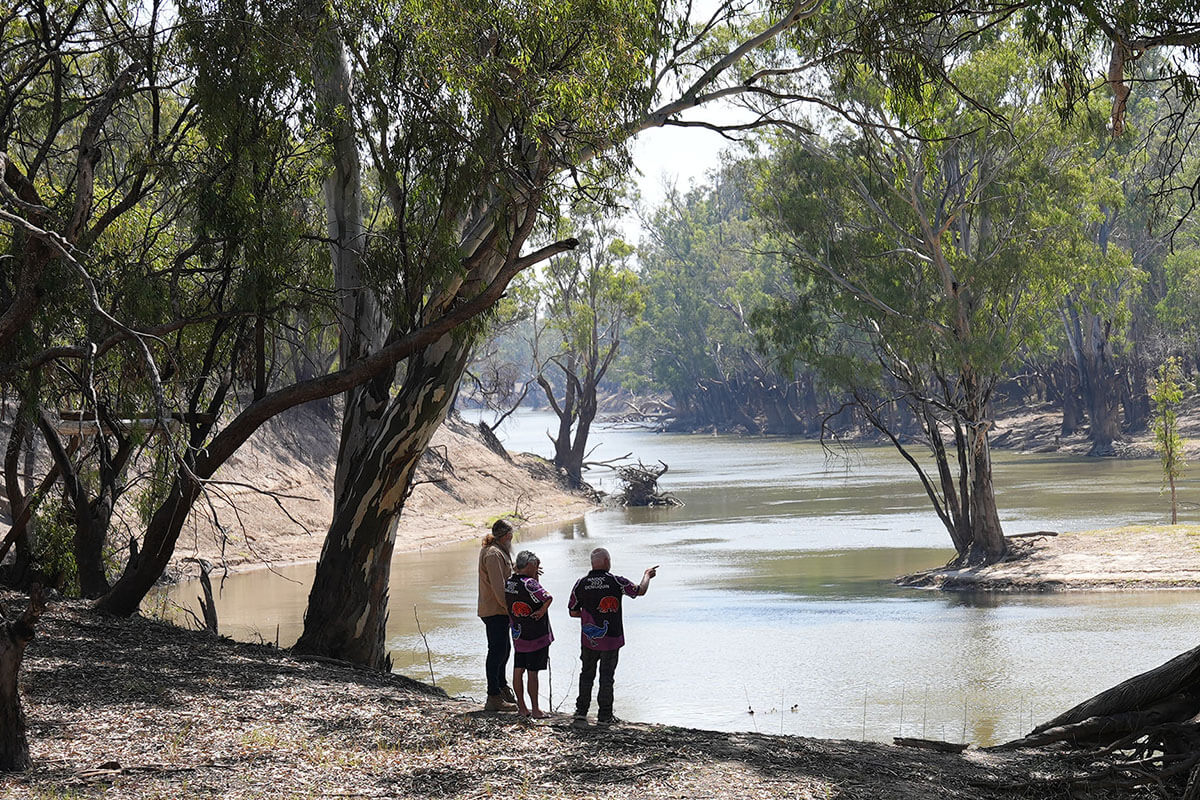
A landmark plan to address inequities in water ownership will see the NSW Government put water back in Aboriginal peoples’ hands, strengthen their role in water management, and create new opportunities for self-determination.
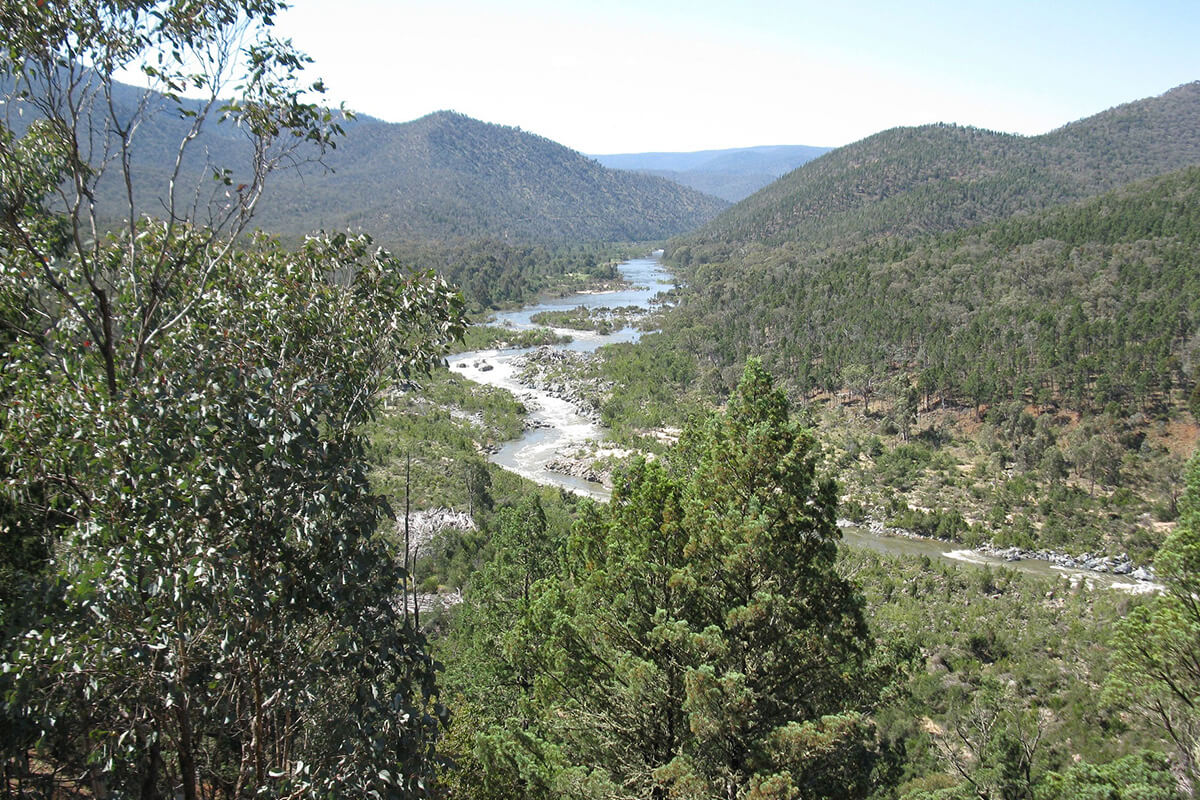
The NSW Department of Climate Change, Energy, the Environment and Water today issued a rising river alert for the Snowy River between Jindabyne Dam and Dalgety in southern NSW for Wednesday 15 October 2025.
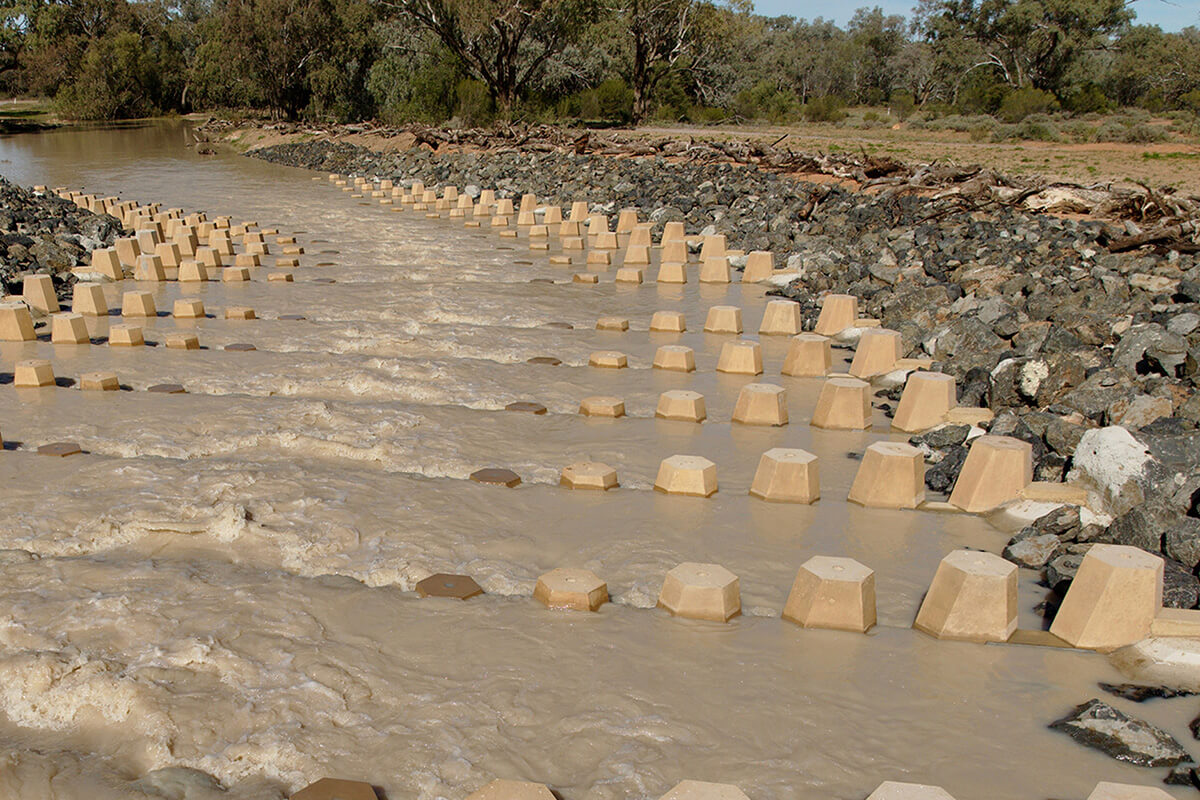
The NSW Government has taken decisive action to address community concerns about water security in Western NSW, by reviewing the designs of fishways so they have no impact on local weir heights.
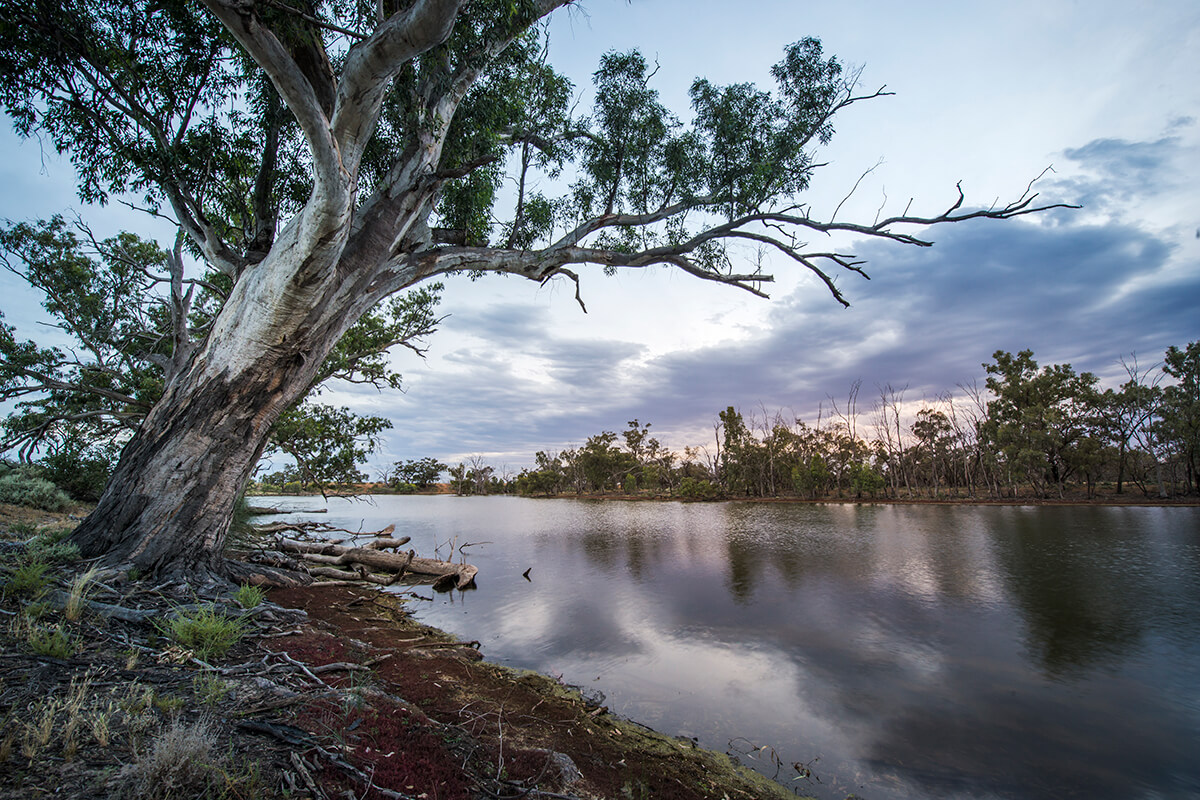
The NSW Government is inviting communities to have their say on two important plans in southern NSW which set out what can be constructed on floodplains and where to balance the needs of residents, businesses, the environment and First Nations people.
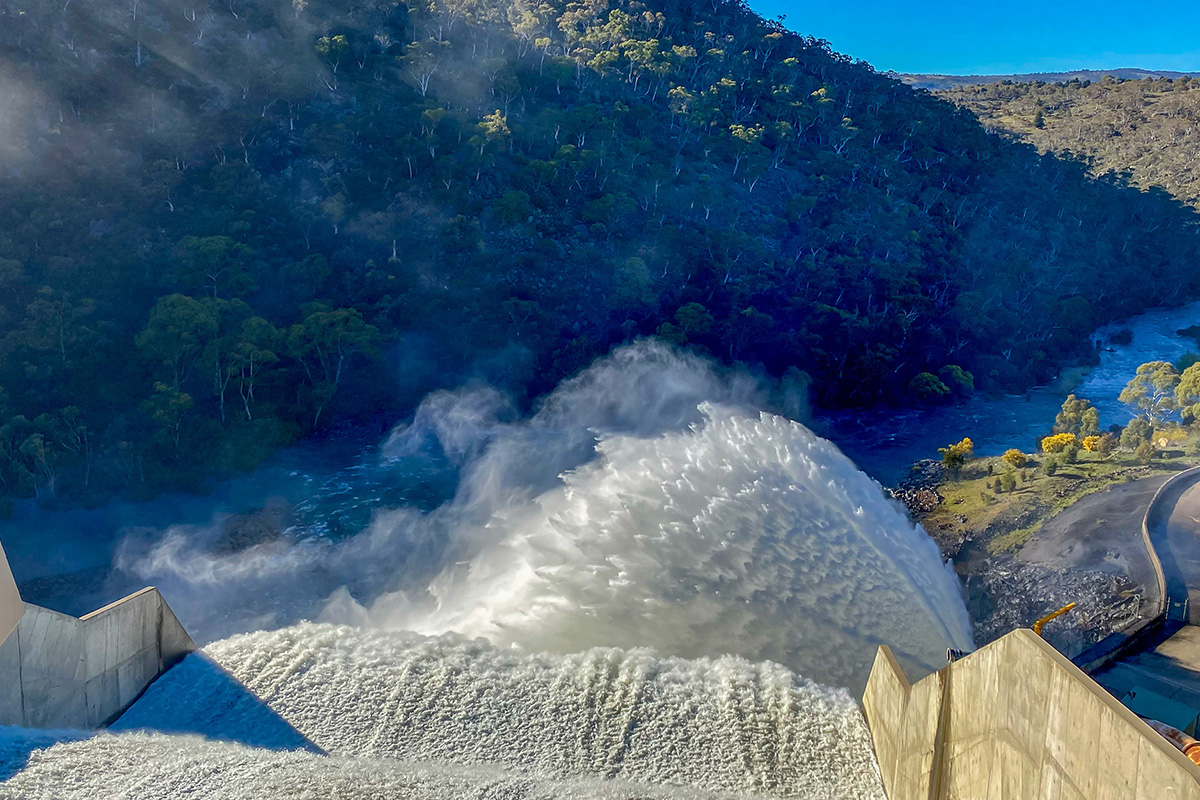
The NSW Department Climate Change, Energy, the Environment and Water today issued a rising river alert for the Snowy River between Jindabyne Dam and Dalgety in southern NSW for Thursday 2 October 2025.
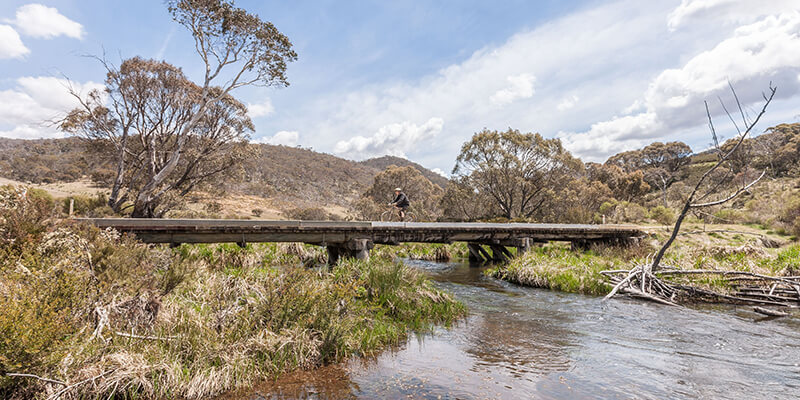
The NSW Department of Climate Change, Energy, the Environment and Water today issued a ‘rising river alert’ for the upper Murrumbidgee River below Tantangara Dam in southern NSW for Thursday 25 September 2025, because of a planned high-flow environmental water release.
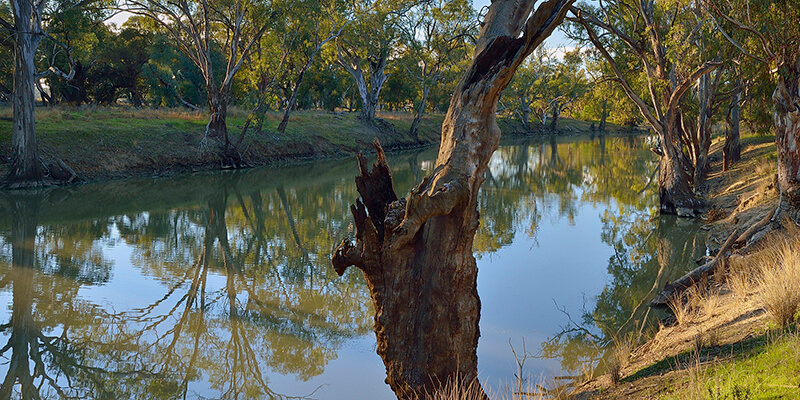
The Minns Labor Government has acted quickly to ensure rivers, wetlands and floodplains across the state keep getting the water they need by resolving uncertainty around environmental watering rules.
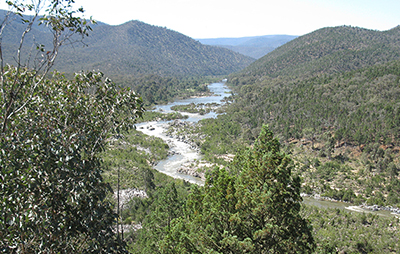
The NSW Department of Climate Change, Energy, the Environment and Water today issued a ‘rising river alert’ for the Snowy River downstream of Jindabyne Dam in southern NSW for Wednesday 17 September 2025.
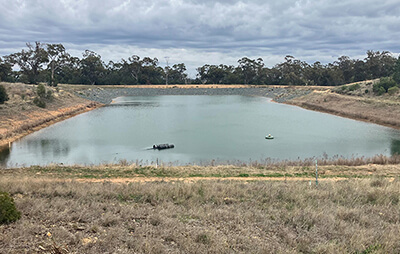
The NSW Government and Lachlan Shire Council have bolstered Tottenham's drought preparedness with the completion of an extensive upgrade to the Leg-0-Mutton Dam, marking the final milestone in a $4.6 million water infrastructure project.
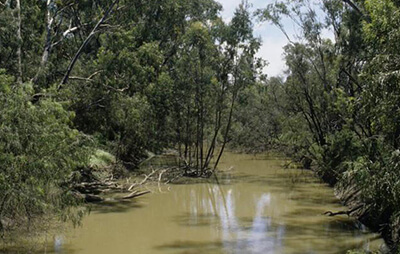
The NSW Government is inviting water users, industry bodies and communities to have their say on proposed changes to water access rules in four lapsed inland unregulated water sharing plans.

It’s now easier than ever for NSW water users to apply for a range of approvals and other online services thanks to upgrades to the WaterNSW Customer Portal.
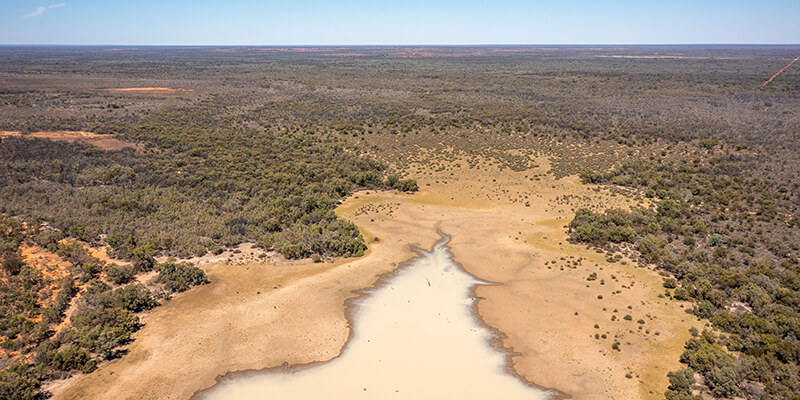
The NSW Government has completed a robust review into the management of water at Toorale Station, allowing critical environmental water to resume flowing to the Western Floodplain in Toorale National Park.
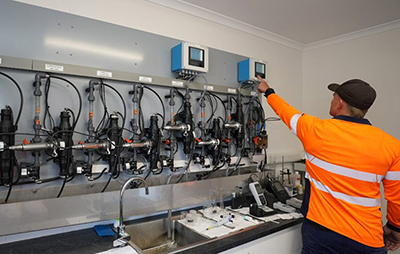
The Minns Labor Government is continuing to build a better New South Wales, with a system overhaul set to improve water affordability, availability and reliability across our regions.

The NSW Government is inviting Snowy Mountains communities to attend two information sessions next week to learn more about the planned high-flow environmental water releases for the Snowy and upper Murrumbidgee Rivers.
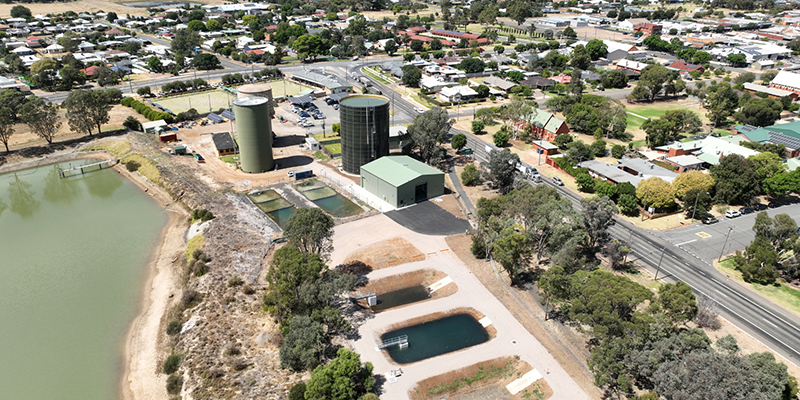
The NSW Government is ramping up its support for regional and remote towns by injecting $15 million into supercharging a groundbreaking program that helps safeguards water and sewage services for thousands of people.
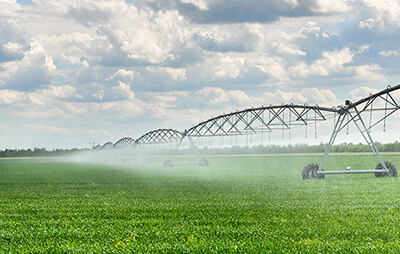
The community is invited to have its say on a proposed new major water efficiency infrastructure project to help improve irrigation and boost environmental water in the Riverina.
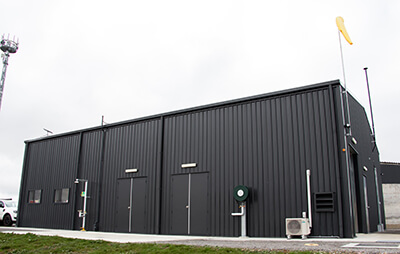
A monumental project to bring Delegate’s water supply into the 21st century is complete, with water now flowing from a new state-of-the-art water treatment plant that will deliver potable water to more than 350 residents – a historical first for the town.
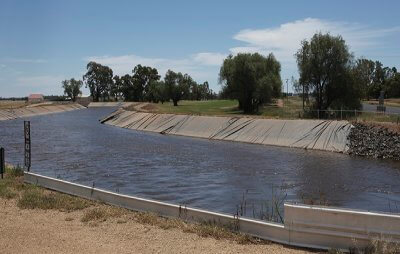
One of Australia’s largest irrigation companies has completed a major network overhaul, significantly boosting water delivery and efficiency across over 190,000 hectares of irrigated land, supporting agriculture and driving regional economic benefits.
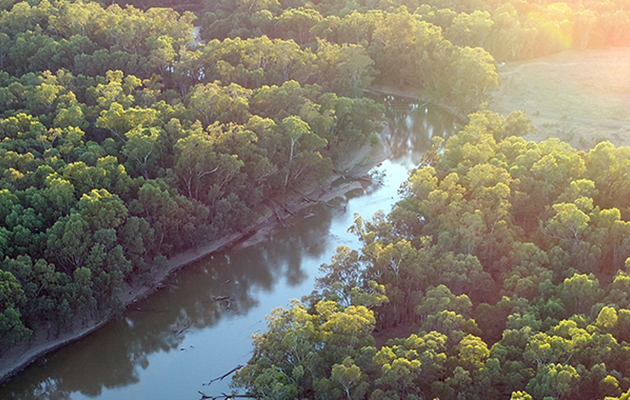
The first steps are being taken towards rolling out the landmark Reconnecting River Country Program (RRCP) across the Murrumbidgee to create a healthier river system through flexible environmental water flows.
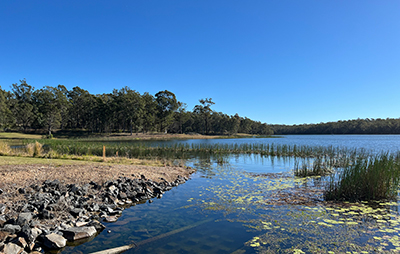
Shovels have hit the ground on a monumental water infrastructure project that will bolster drought resilience across the Mid North Coast by delivering a new world-class water treatment plant to significantly boost drinking water quality across the region.
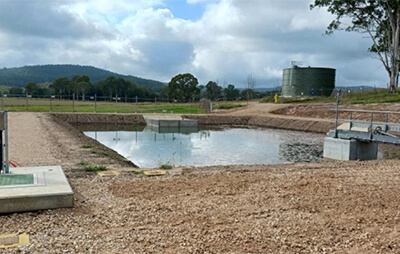
Residents in Urbenville, Muli Muli, and Woodenbong in northern New South Wales have access to safer and more reliable drinking water with a critical $3.5 million infrastructure project to expand the Urbenville Water Treatment Plant now complete.

Two major water efficiency projects that could deliver considerable environmental water savings for the Riverina region are now on public display, and the NSW Government is inviting residents and stakeholders to have their say until Tuesday 15 July.
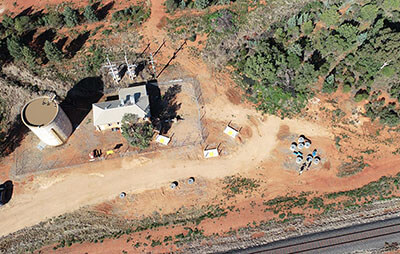
One of the largest water infrastructure projects in western NSW that will supercharge water reliability for Cobar is expected to break ground soon.
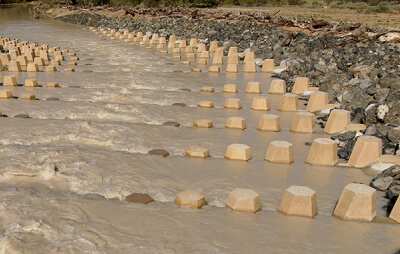
Residents in Central Darling, Bourke, Walgett and Moree Plains are invited to attend community town halls this month to learn more about revised designs for NSW fish passage projects that will support better river health while retaining critical town water security.
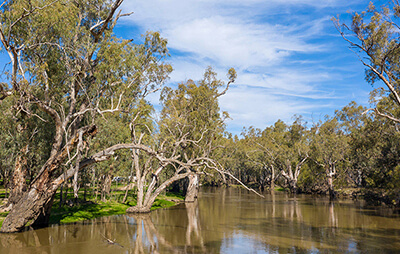
The Minns Labor Government has introduced a scheme to provide thousands of new, energy and water-efficient washing machines at a significantly discounted price for pensioners, veterans and social housing tenants.

Today’s opening allocations for licenced water users in NSW are mostly full, with dams still holding strong volumes from wet years despite contrasting rainfall in the north and south of the state.
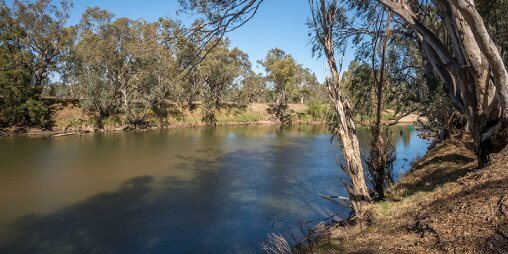
The NSW Government has launched the Murrumbidgee Valley Floodplain Management Plan, an important tool to manage rural flood works and their effects on flows and connectivity downstream of Wagga Wagga.
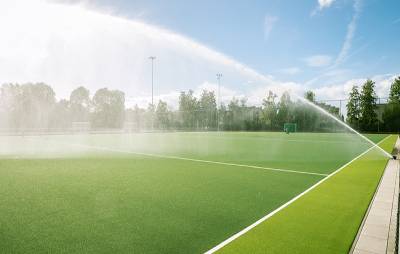
The NSW Government has charted a course to maximise the sustainable reuse of water across cities and regions, with the state’s first Recycled Water Roadmap helping to boost efficiency and drought resilience for generations to come.
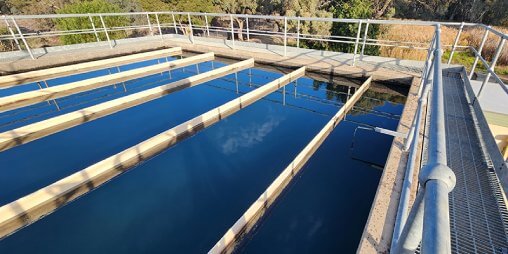
The NSW Government is charging ahead with the wildly successful Advanced Operational Support (AOS) initiative, offering assistance to local councils including grants of up to $150,000 to boost town drinking water quality across regional NSW.
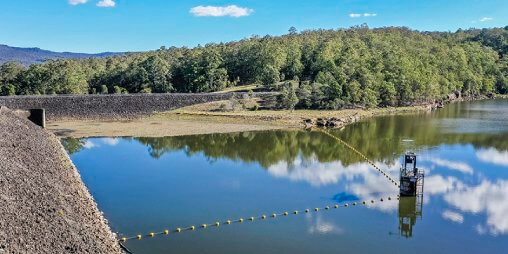
The Minns Labor Government is fast-tracking the delivery of new homes and infrastructure with temporary groundwater license exemptions now in place to speed up construction, slashing red tape and costs for developers.
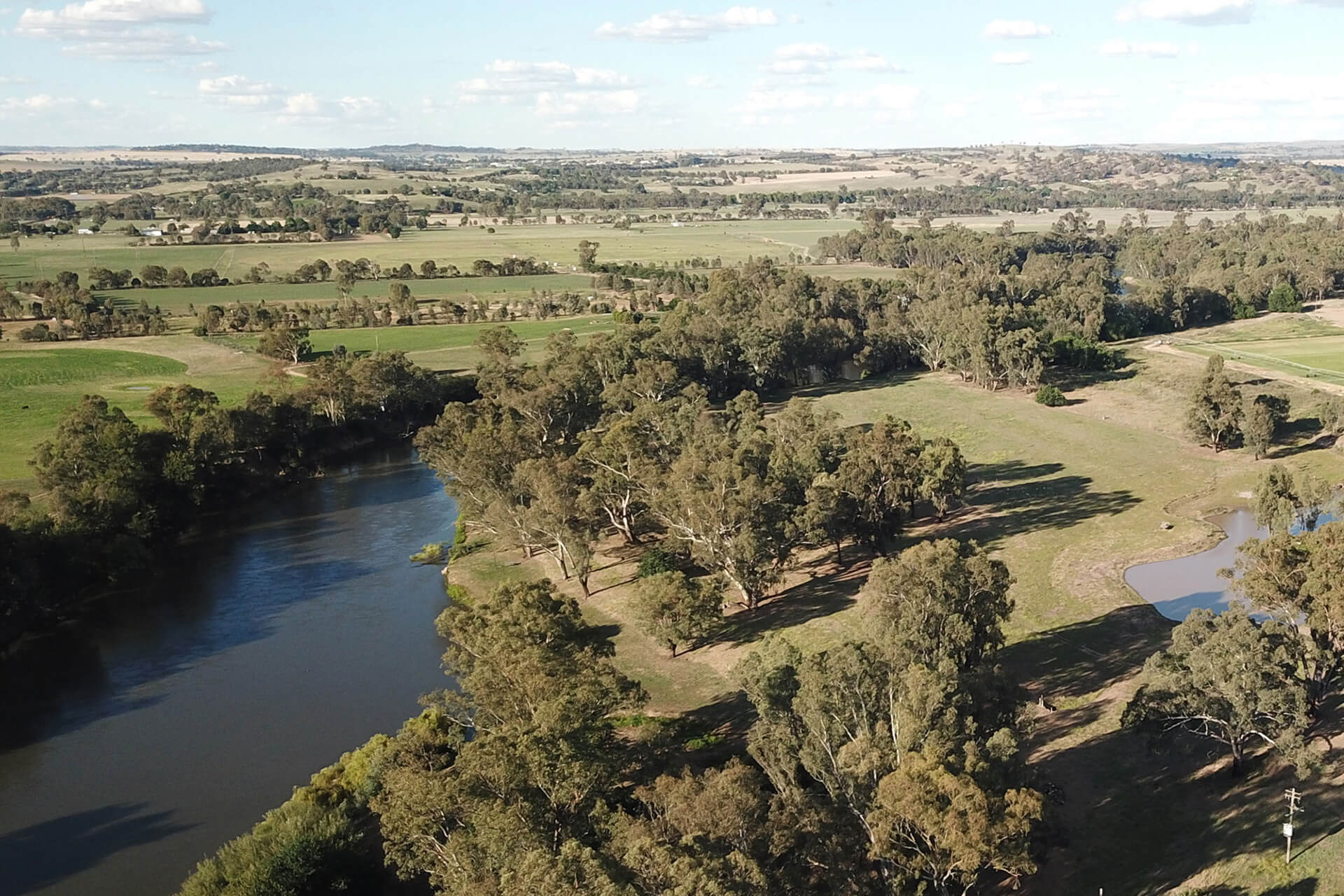
The NSW Government is rolling out a clearer, more equitable process for negotiating voluntary agreements with landholders affected by future environmental water deliveries in regional NSW, locking in better outcomes for all parties and healthier rivers.
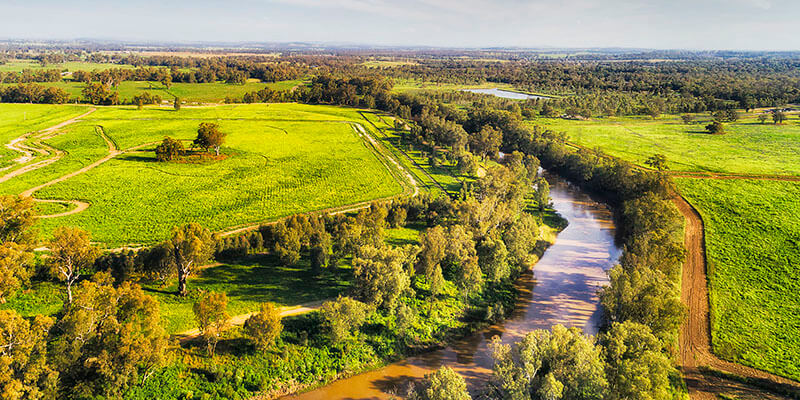
Non-urban metering rules are in effect across the state and the NSW Government is inviting licensed water users to learn more about what they need to do to be compliant.
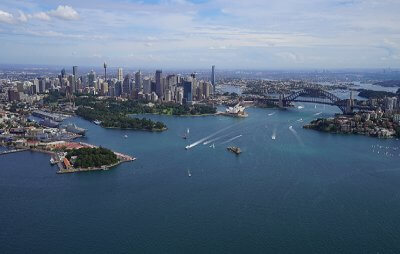
The NSW Government is renewing the regulation that enables Sydney Water to protect its assets, implement water restrictions during drought and ensure compliance with certain rules, and now is the time to have your say.
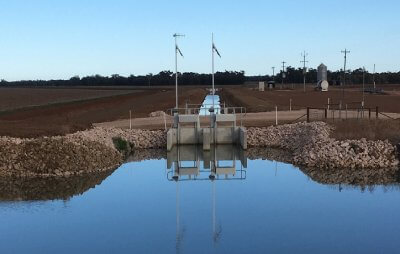
Three major water efficiency projects that could spell significant environmental water savings for the Riverina region are now on public display, and the NSW Government is inviting residents and stakeholders in Griffith, Berrigan and surrounds to have their say.

Residents and key stakeholders are being invited to have their say on two major projects in the Griffith region that could significantly boost water efficiency on farms, improve environmental outcomes and contribute to NSW’s Murray-Darling Basin Plan targets.

Property owners on the Snowy River and other stakeholders are being advised three high-flow environmental water releases will be made from Jindabyne Dam between mid-September and October this year as part of ongoing efforts to maintain the river’s ecological health.
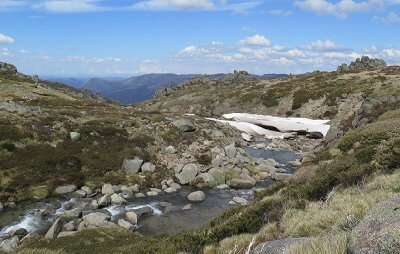
Property owners on the upper Murrumbidgee River and other stakeholders are being advised of a large water release being made from Tantangara Dam on 25 September this year, as part of ongoing efforts to maintain the river’s ecological health.
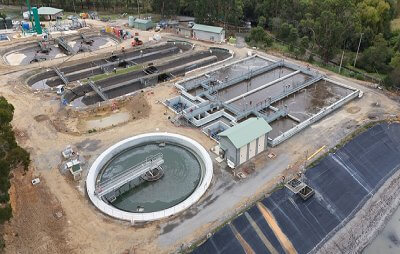
Bowral residents are one step closer to having a world-class wastewater treatment plant, with construction complete on the first stage of a multimillion-dollar overhaul that will future- proof the local sewerage system for decades to come.
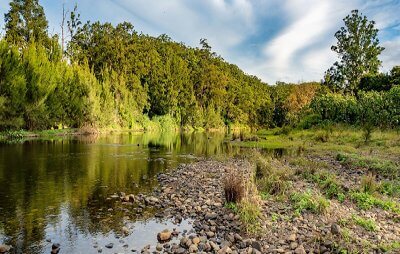
Coastal water users are invited to information sessions to learn more about the rollout of non-urban metering including the deadline to install compliant meters by 1 December 2026.

Kyogle is on the path to improved sewerage infrastructure and better protection for the environment, with the next stage of investigative works for a new high-tech wastewater treatment plant underway.

Up to 4,000 more water users are now eligible to apply for free telemetry and installation, saving them significant out-of-pocket costs and helping them become compliant with metering rules.
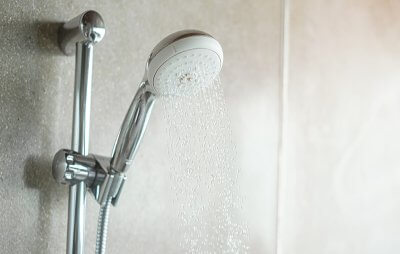
Whether it be washing the dishes, brushing your teeth or hosing the garden, new research has lifted the lid on how regional NSW residents are using water in the home thanks to an innovative trial which provides helpful clues to improving efficiency for the future.
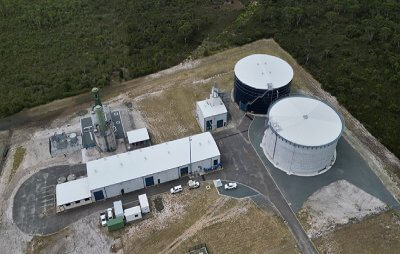
Drought resilience has been improved on the MidCoast thanks to a major upgrade to the Nabiac Water Treatment Plant that has boosted its capacity by 50 per cent.
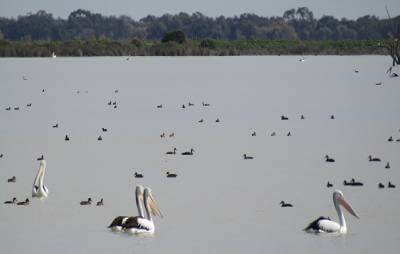
Some of the largest irrigation companies in Southern NSW are gearing up for the future, with nearly $10 million locked in to investigate levelling up their water networks to make every drop count and support a healthier Murray−Darling Basin.

Western NSW communities are being invited to give feedback on a proposed $5.2 million water security project that could see more water returned to the environment to better protect and restore waterways across the Murray Darling Basin.
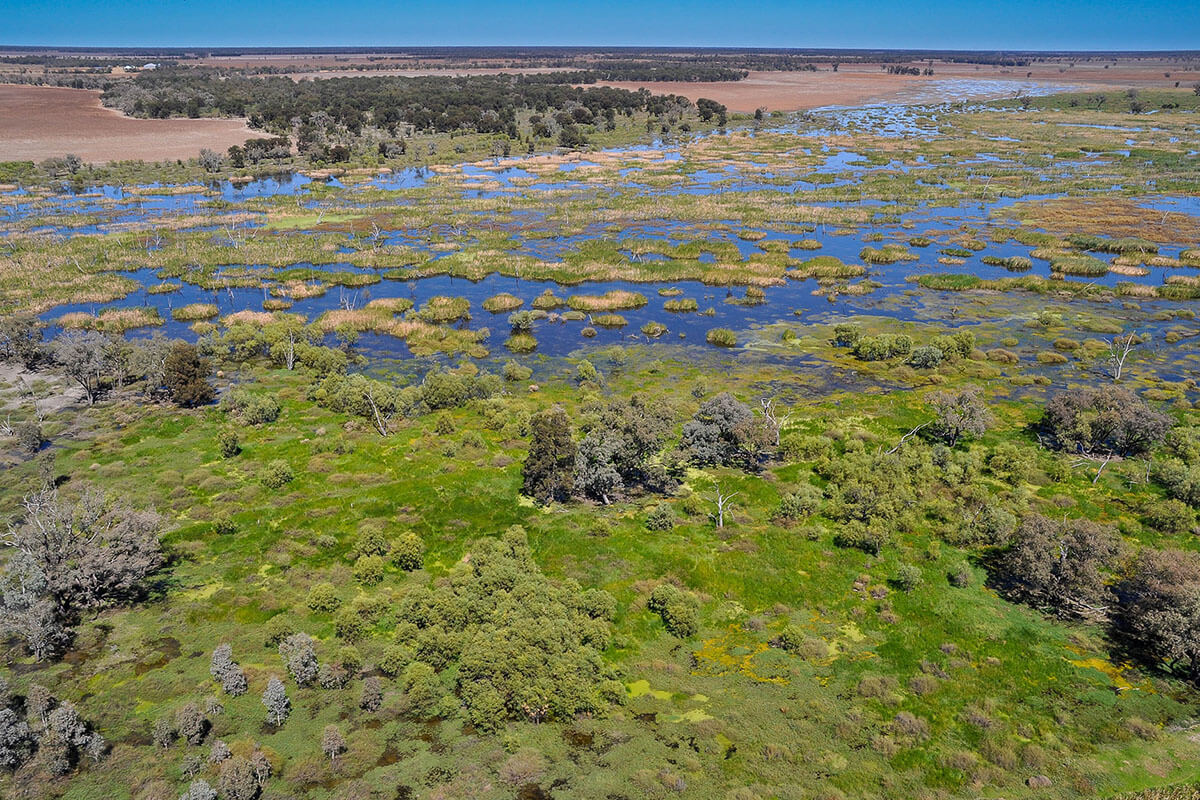
The NSW Government has listened carefully to valuable community feedback on revised wetland mapping in 6 unregulated water sharing plans and has finalised an approach to ensure maps are accurate and fit-for-purpose moving forward.
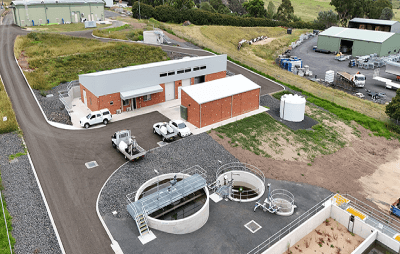
The taps of the new $20.8 million Bega-Tathra Water Treatment Plant have officially been switched on, marking the historic completion of one of the largest water infrastructure projects on the NSW South Coast.

Major construction is underway on the second stage of a $38 million project that will extend Bellingen Shire’s sewerage network into more communities, giving them access to modern, environmentally sustainable sewerage services for the first time.
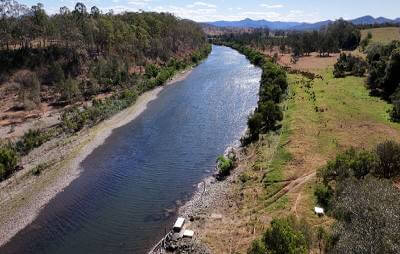
Better quality drinking water is around the corner for Willawarrin residents as shovels hit the ground on a new $8 million state-of-the-art water treatment plant.
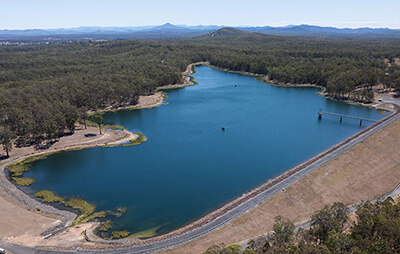
Kempsey has secured funding from the Australian and NSW Labor Governments to kickstart work on one of the largest water infrastructure projects on the Mid North Coast that will future proof the drinking supply of Kempsey, Frederickton, Smithtown and Gladstone.
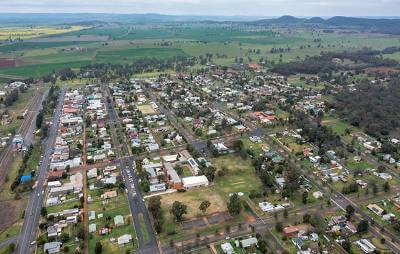
A major improvement to the quality of Dunedoo’s drinking water is in the works thanks to a partnership between the NSW Government and Warrumbungle Shire Council that will kickstart investigations into ways to improve the town’s water infrastructure.
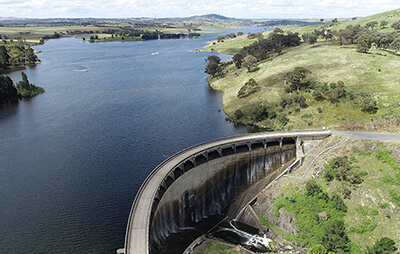
Central West communities are being invited to learn more about proposed new water infrastructure projects that could improve supply, lock-in water security and boost drought resilience at information sessions taking place next week.
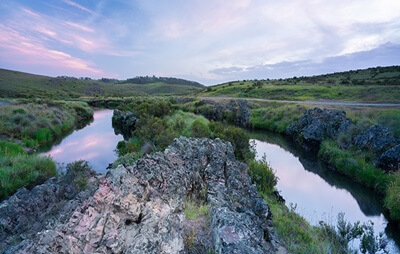
The NSW Government has announced a temporary water restriction for the Upper Murrumbidgee River in the Murrumbidgee I and II water sources from Saturday 15 March to Sunday 4 May 2025 due to dry conditions.
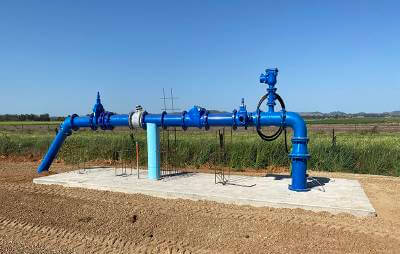
For the first time, Cowra locals will have access to bore water during times of drought following the completion of a new 26-kilometre pipeline.

Eligible water users have 3 weeks remaining to opt in to receive free telemetry and installation, saving them significant out-of-pocket costs and helping them become compliant with metering rules.
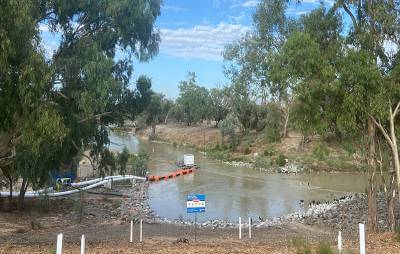
The Minns Labor Government is trialling Fishheart; a state-of-the-art temporary fish passage technology in the Lower Darling-Baaka River near Menindee, western NSW.
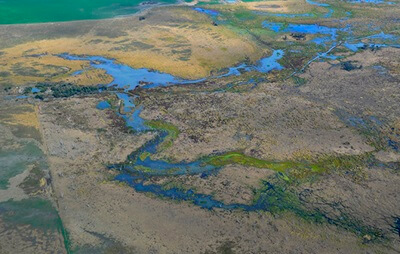
The NSW Government is updating specific wetlands in 6 regional draft water sharing plans following important community feedback that has been critical in helping us improve the mapping.
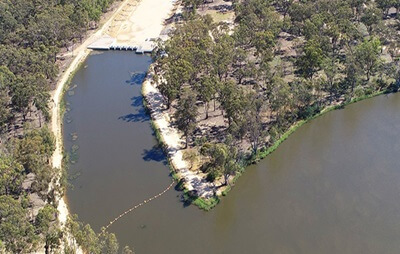
Construction is underway on two major infrastructure projects that will help to boost environmental outcomes for critical waterways in Southern NSW while minimising impacts to private landholders.
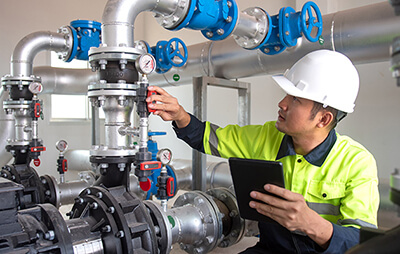
After the huge success of the state’s first Regional Water Loss Management Hub trial, the NSW Government is rolling out the program to up to a dozen more councils, giving them access to an arsenal of tools to save a staggering half a billion litres of water every year.
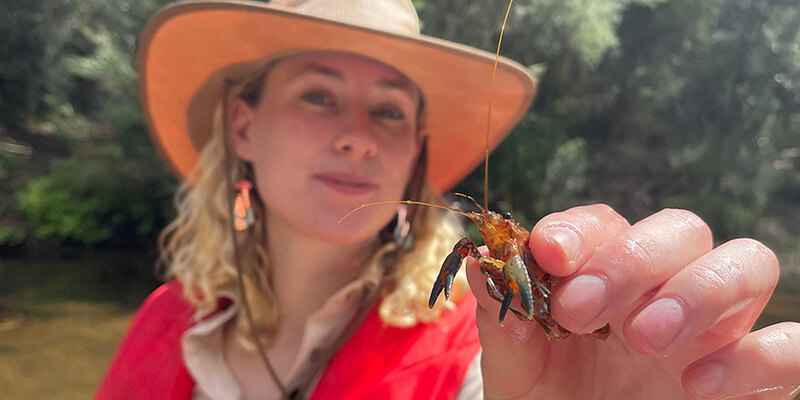
NSW Government scientists are taking a deep dive into freshwater spiny crayfish across the Illawarra and Greater Sydney, conducting the first ever study on the importance of environmental flows from Sydney’s dams on the wellbeing of these claw-some creatures.

After a thorough and rigorous Final Business Case (FBC), the NSW Government has decided to pause plans to replace Cobar’s oldest water supply pipeline due to substantial cost escalations.
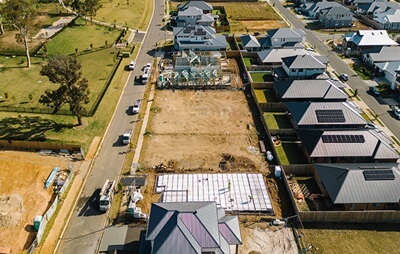
The Minns Labor Government is slashing red tape to get more homes built faster across the state, unveiling a clear blueprint to speed up approvals and ensure new properties are connected and ready to turn on the tap sooner.

Tamworth residents are invited to learn more about the proposed infrastructure projects designed to lock in water security and boost drought resilience for the region at community information sessions being held next week.

The NSW Government will outline how it plans to lock in water security for Tamworth over the short and longer term to ensure the city is well prepared for a future drought during community information sessions taking place next week.
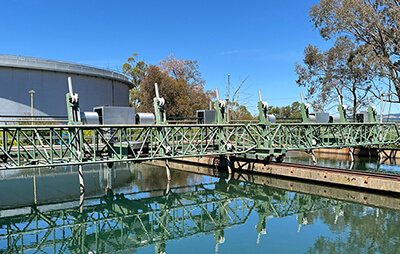

More than 2,500 groundwater and surface water sites across the Murray-Darling Basin in New South Wales will receive state-of-the-art telemetry devices and installation, boosting water monitoring and management, easing costs for users, and helping the state fast-track its metering reforms.
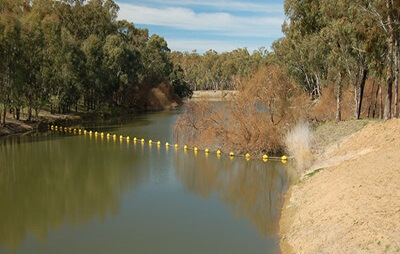
The NSW and ACT Governments are taking important steps towards developing the first joint water trading framework to deliver an extra 6.36 gigalitres (GL) of water to the environment.

The NSW Government has announced a temporary water restriction for the Upper Murrumbidgee River in the Murrumbidgee I and II water sources from Friday 7 February to Friday 28 February 2025.
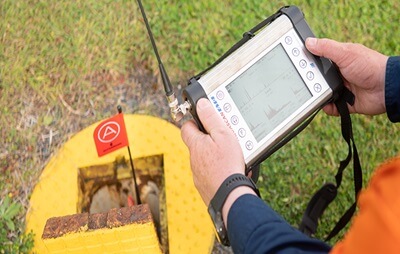
The Minns Labor Government is charging ahead with its commitment to save billions of litres of water by injecting $3 million into round 2 of its innovative Active Leak Detection Project, helping to boost long-term water security for regional towns and cities across New South Wales.
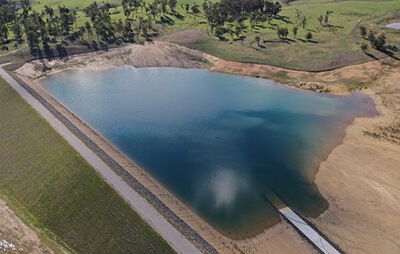
The NSW Government is calling for expressions of interest to participate in the next round of funding applications for the Australian Government's National Water Grid Fund to help drought-proof water supplies and improve water security for country NSW.
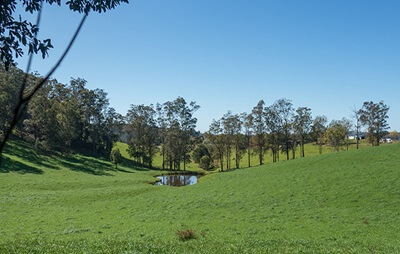
Northern Rivers residents are on their way to safer and more reliable drinking water with a total $357,000 in funding secured to progress planning and design work that will significantly improve water quality for Nimbin and Casino.
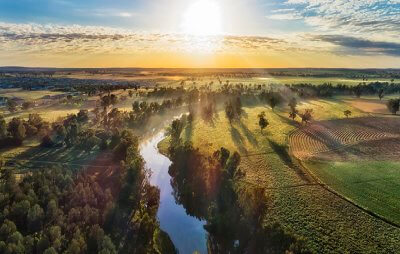
Warren is on its way to greater water security thanks to an investigation that will help firm up drinking water supplies and strengthen its defence against drought.
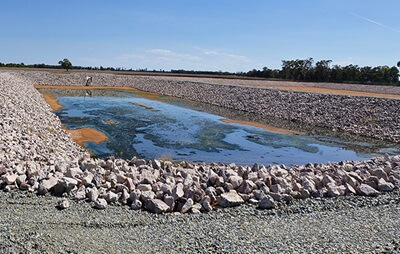
A monumental $8.8 million overhaul of Barellan Wastewater Services is complete with crews finishing work on a new sophisticated sewer system which includes the construction of the town’s first ever sewage treatment plant, significantly improving liveability for locals.
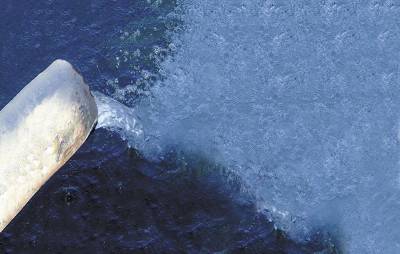
The NSW Government and Mid Western Council are joining forces to deliver a clear pathway to bolster water security for Mudgee and Gulgong with early planning works underway that will help build a greater understanding of the water challenges facing the region.
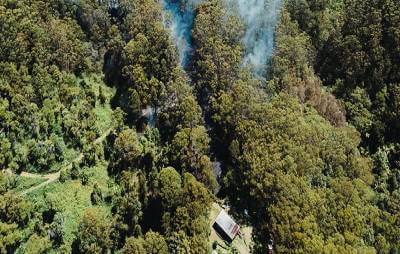
The Minns Labor Government is reducing red tape which has in practice stifled farmers’ ability to fight fires on their own property.
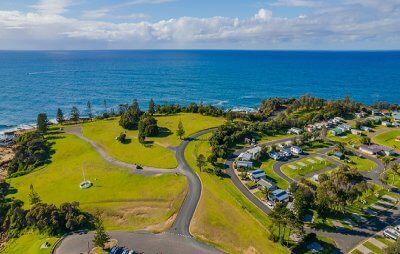
The NSW Government is investigating ways to shore up water security for Bermagui for decades to come, thanks to a $3 million investment from the state and the Australian Government’s National Water Grid Fund.
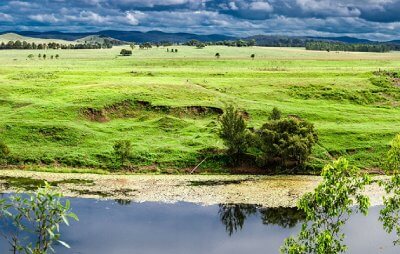
The remote village of Tabulam in the Northern Rivers is on the path to securing its first ever drinking water supply network, thanks to a $400,000 investment from Kyogle Council and the Australian Government’s National Water Grid Fund.